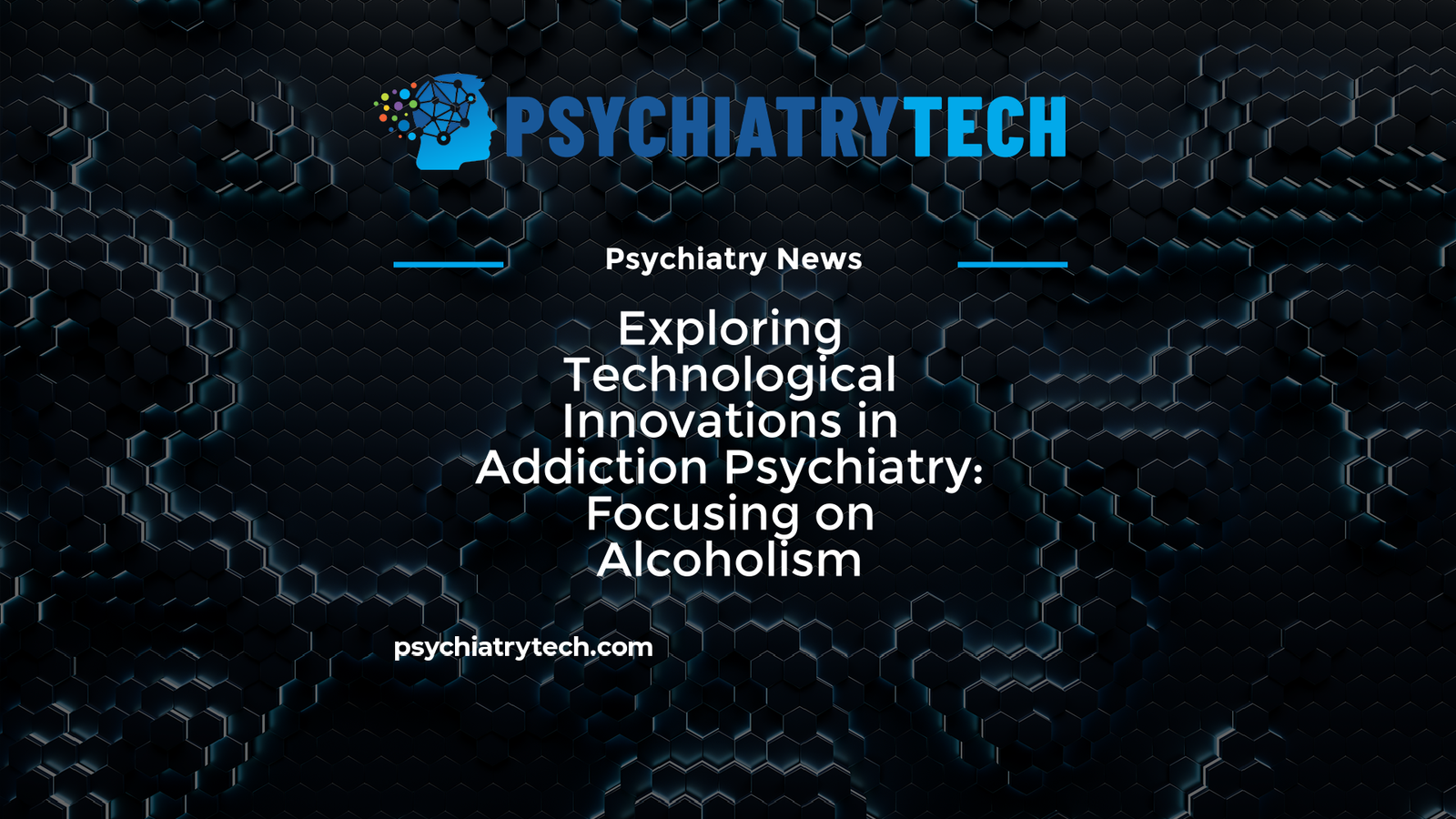Exploring Technological Innovations in Addiction Psychiatry: Focusing on Alcoholism
Alcoholism is a prevalent addiction that has been a major concern in the healthcare industry for decades. Research and studies have shown that individuals suffering from alcoholism require a comprehensive treatment plan that covers various aspects, including behavioral therapy, medical interventions, and technological innovations. Advancements in technology have been beneficial in the diagnosis, treatment, and management of alcohol-related disorders. This article discusses technological innovations in addiction psychiatry that have been significant in tackling alcoholism.

Discover The World's MOST COMPREHENSIVE Mental Health Assessment Platform
Efficiently assess your patients for 80+ possible conditions with a single dynamic, intuitive mental health assessment. As low as $12 per patient per year.
Virtual Reality Therapy
Virtual reality (VR) therapy has been gaining prominence in the mental healthcare industry in recent years. Recent studies have shown the potential of VR therapy in treating addiction, including alcoholism. VR technology creates simulated environments that individuals can interact with, providing an immersive experience that replicates real-world scenarios. This approach can confront individuals with triggers that may lead to alcohol use and provide coping mechanisms and behavioral interventions.
Mobile Applications
Mobile applications have been developed as an accessible and affordable method of treating addiction, specifically alcoholism. These apps offer support to individuals in early sobriety and provide relapse prevention tools, sober counters, and stress-reduction exercises. Several mobile apps available today provide accessible resources for individuals who do not have access to formal treatment programs. Mobile applications provide real-world interventions that can be integrated into the patient’s life, promoting long-term sobriety.
Internet-Based Therapy
Internet-based therapy is another technological innovation that has shown significant benefits in treating addiction, including alcoholism. Internet-based therapy leverages cognitive-behavioral therapy (CBT) techniques delivered via an Internet platform. This approach is typically offered in combination with other treatments, including medication therapy. The primary goal of internet therapy is to provide patients with motivations, coping mechanisms, and support. It also allows for regular communication with healthcare providers, providing personalized services optimized to meet the needs of the individual patient.
Biosensors
Biosensors are devices that can detect alcohol consumption in individuals using biological markers. These markers are known as biomarkers that can detect alcohol levels in the blood. The biosensors are non-intrusive and can be worn on the skin like a typical wristwatch, providing real-time data on alcohol levels. This technology can be useful in detecting relapses, providing early interventions, and tracking progress in recovery. The data captured by the biosensors can be shared with healthcare professionals, providing a comprehensive picture of the patient’s progress.
Conclusion
Technological innovations have been significantly beneficial in addressing various addiction-related disorders, including alcoholism. Virtual reality therapy, mobile applications, internet-based therapy, and biosensors are just a few of the advancements that have revolutionized addiction psychiatry. These innovations have improved patient outcomes, leading to better engagement with treatment programs, increased rates of success in achieving long-term sobriety, and reduced healthcare costs.
Question for Readers
What other technological advancements do you believe would be beneficial in treating alcoholism and addiction-related disorders? Share your thoughts with us and spread the word about technology’s impact on addiction by sharing this post with others on your social media platforms.

